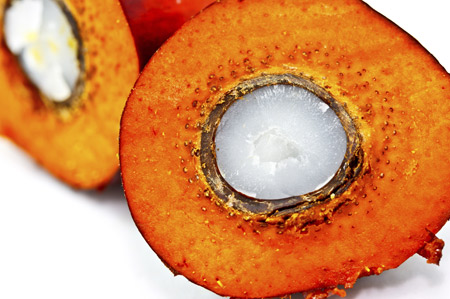Production threats ‘to spur rise in rapeseed prices’
Category: Oilseeds
 (Agrimoney) – Commerzbank stuck by expectations of a rise in rapeseed prices this year, despite recent weakness in values of rival oilseed soybeans, citing potential for “significantly lower” production in key growing countries.
(Agrimoney) – Commerzbank stuck by expectations of a rise in rapeseed prices this year, despite recent weakness in values of rival oilseed soybeans, citing potential for “significantly lower” production in key growing countries.
The bank said that while soybean prices “have virtually no upside potential”, weighed by a “plentiful supply situation”, it expected rapeseed prices to “climb nonetheless this year”.
The forecast reflects “signs that key suppliers – above all the European Union, which is the world’s largest producer – will reap a significantly lower crop in 2015”.
And it comes despite futures, which stood at E355.75 a tonne in Paris on Thursday for February delivery, already overtaking Commerzbank’s forecasts for the year.
The bank last month, when Paris futures stood at roughly E340 a tonne, forecast that they would average E330 a tonne in the first quarter of 2015, rising to E350 a tonne in the October-to-December period.
‘Even greater impact’
The bank on Thursday cited, for the EU, an Oil World forecast of a drop to a three-year low of 20.5m tonnes in the bloc’s rapeseed harvest this year, from 24m tonnes in 2014.
Oil World attributed its forecast in part to lower sowings, with officials in Germany, the EU’s top rapeseed-growing country, pegging acreage for the 2015 harvest down by nearly 6%.
However, it also cited the EU ban on neonicotinoids, controversial insecticides curbed over claims that they were behind a drop in bee populations.
“The fact that a ban on a group of insecticides will result in greater insect damage to crops will have an even greater impact” than the lower plantings, Commerzbank said.
Disease discovery
Furthermore, rapeseed prospects in Ukraine, a major exporter to the EU, have been curtailed by dryness which meant that “plants were still fairly weak when they began their [winter] dormancy period”, Commerzbank said.
And the bank highlighted the discovery in Canadian canola – the rapeseed variant – of Verticillium longisporum, a soil-borne fungus which can cause hefty losses, although it is not clear yet whether the disease has spread.
Canada is the world’s second largest rapeseed producer, and the top exporter.




